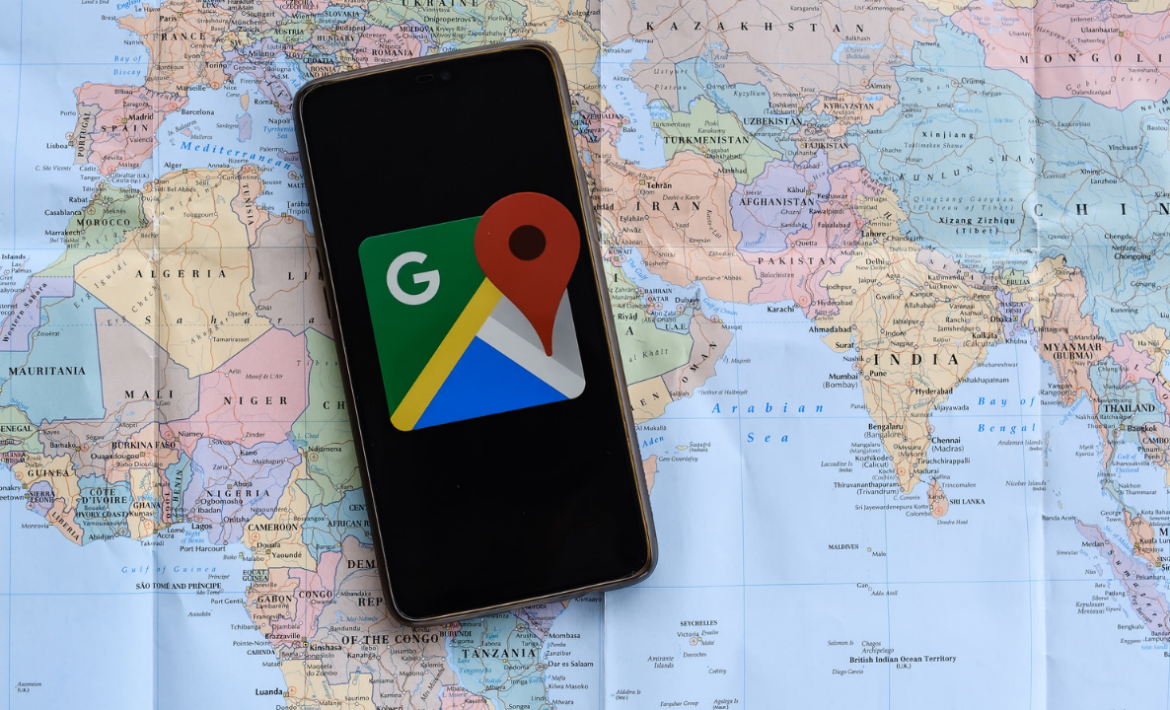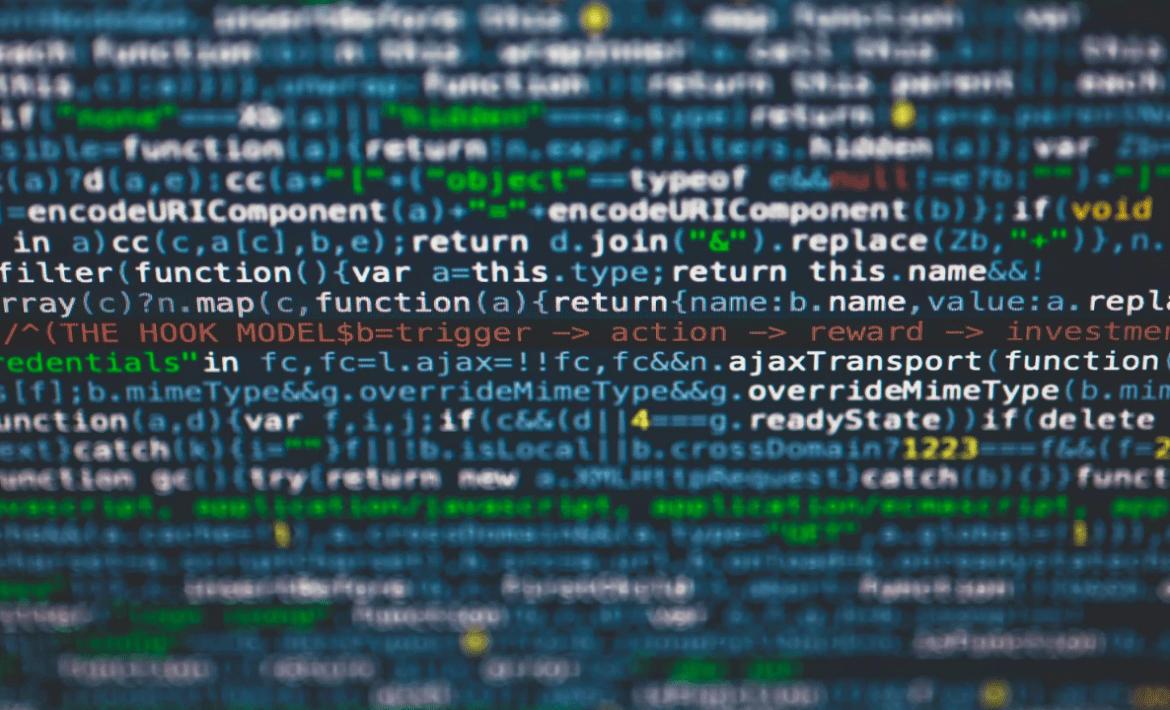CNIL concludes public consultation on draft recommendation for location data from connected vehicles
CNIL concludes public consultation regarding a proposed recommendation to provide guidance on GDPR compliance for the processing of location data from connected vehicles. The French data protection authority, CNIL, recently closed its public consultation on a draft recommendation addressing the use of location data generated by connected vehicles. Launched on March 25, 2025, the consultation















